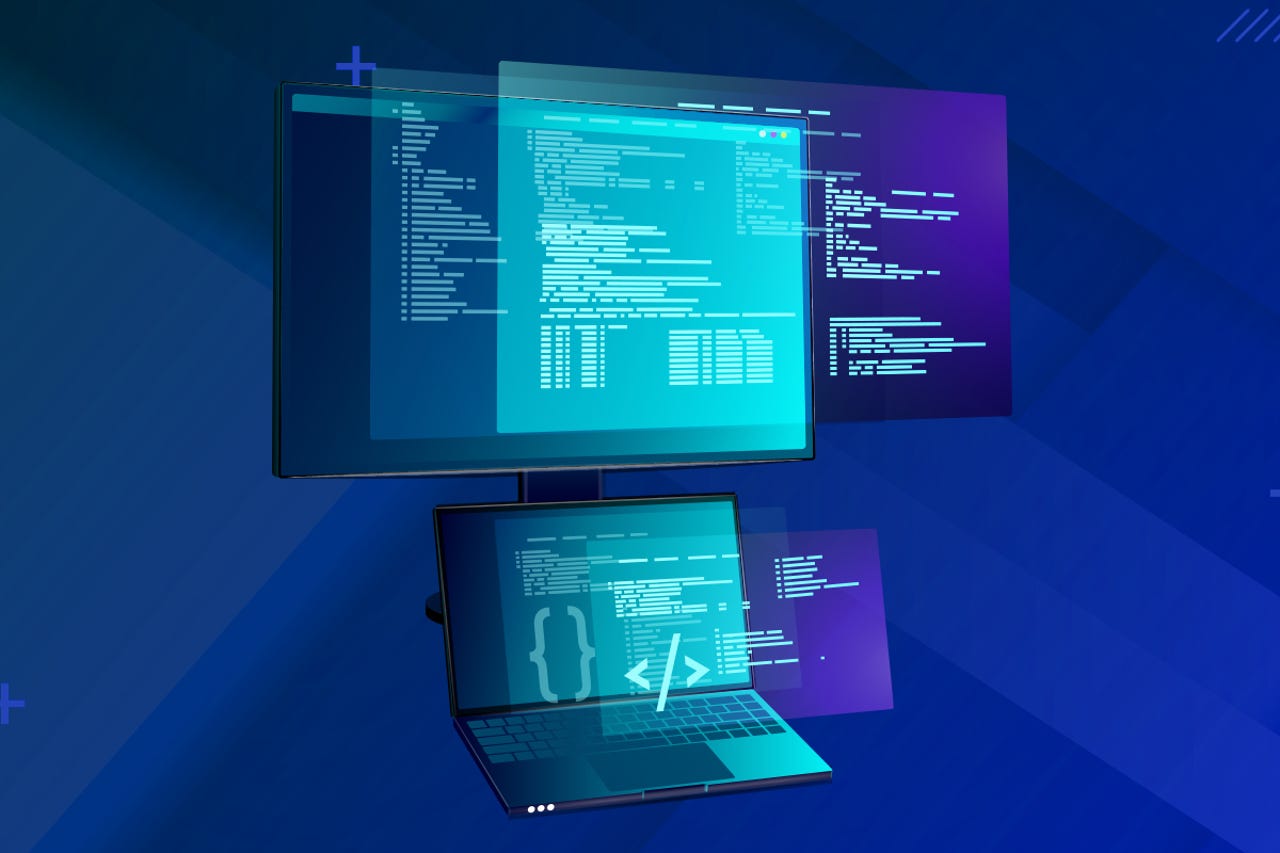































 StackCommerce
StackCommerce I've tried just about every take on the Linux distribution. From the user-friendly to the user-frightening, Linux has something for everyone.
However, I would posit that even those Linux distributions geared toward new users forget one very important thing...those users most likely are migrating from MacOS or Windows, have never touched the command line, and may have no idea what they're in for.
And although those user-friendly Linux distributions make using the open-source operating system fairly straightforward, there are some users who don't easily adapt to new technology. It is those users that every Linux distribution misses.
Also: We now work in an open-source world; here's the data
I was giving this issue some thought this morning, and an idea hit me that could help those who aren't nearly as technically adept as the average Linux user migrate. Shockingly enough, the idea isn't really all that challenging but would take some time to implement.
Let me lay this out for you. It's really quite basic.
Also: How to set up a cloud service at home
How many times have you installed a new app on your mobile or desktop device, and, on first launching the application, found you were greeted with an onboarding pop-up or overlay?
To even use the app, you must either walk through the onboarding feature or dismiss it. I tend to simply dismiss them because I'm pretty adept at using technology (otherwise, I wouldn't be here).
Those onboarding pop-ups and overlays are actually quite important for new users, as they make it very clear how the app is used.
If you're completely unfamiliar with how the app works, if you've never used anything like this app, or if using new technology sends you into fits of fear, that onboarding app can be a big help.
Now, imagine there's a new Linux distribution that is geared specifically for getting those who've never used Linux up to speed on the open-source operating system. Let's set aside which desktop the distribution would use and even what version of Linux it's based on. None of that matters at the moment.
Also: How to choose the right Linux distribution
What does matter is the onboarding app, which runs for every user on their first log-in and can only be disabled by that user.
How do I imagine this onboarding app/experience to work? Let me explain.
Imagine you log in to the operating system for the first time, and you are immediately greeted by an overlay that prevents you from accessing the desktop without walking through the wizard. The first thing that pops up is a window that explains and points to the desktop menu. You're required to click on the desktop menu button before the wizard continues with a "Great job!" indicator.
Next, the onboarding app explains how the user can add an application from the desktop menu to favorites for quick access. Once you've taken care of that, the wizard moves on to the system tray and walks you through the process of connecting to a network and restarting/powering off (though it only demonstrates those actions and doesn't actually power off or restart the machine).
Next comes finding and installing an application. The onboarding wizard instructs the user to open the Software tool (such as GNOME Software), search for a specific app, and install it.
Also: Try these Linux app equivalents to familiar software
Beyond that, the onboarding tool then migrates to the next feature for the desktop. For example, it might show you how to add a launcher or a widget to the desktop. Following this, the onboarding tool would instruct you to open the Settings app and configure the look and feel of your desktop.
The key to this experience is that the user is forced to walk through all of these key steps so that, by the time they're finished with the onboarding application, they have a good idea of how to use Linux. No, the onboarding app wouldn't introduce the user to the command line or any of the more advanced features of the OS because this is all about users who've never touched the Linux desktop. Keep it simple, make the explanations obvious, and require the onboarding for every first login.
This might seem a bit heavy-handed, but think about those who've never looked at an operating system besides MacOS, Windows, Android, iOS, or iPadOS. If you've only ever used Windows, even moving to MacOS can be a bit daunting. Now, imagine that the OS you're moving to is one that has had a reputation for being too challenging. Whether that reputation is still deserved (it's not) is beside the point because users who've never even seen Linux will need a helping hand.
Once a new user has walked through the onboarding app and closed it, it won't ever bother them again. And when they find themselves at the desktop, they'll know exactly what they need to do.
Also: Cool things you can do with a Linux desktop that you can't with MacOS or Windows
It really can be that simple. You can even base this distribution on Ubuntu and call it Noobuntu. Make it very clear this is a distribution for users who've never used Linux and need a bit of help to get familiar with the operating system.
I hope some developer or team of developers will take this idea seriously and run with it. I've been using Linux as my primary OS since 1997, and I've never once seen a distribution that truly made the onboarding process something anyone could handle without concern the operating system was beyond their skill level. Linux is just as easy an OS as any on the market, and it wouldn't take much effort to make this obvious to any type of user.
 Hot Tags :
Tech
Services & Software
Hot Tags :
Tech
Services & Software